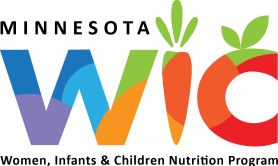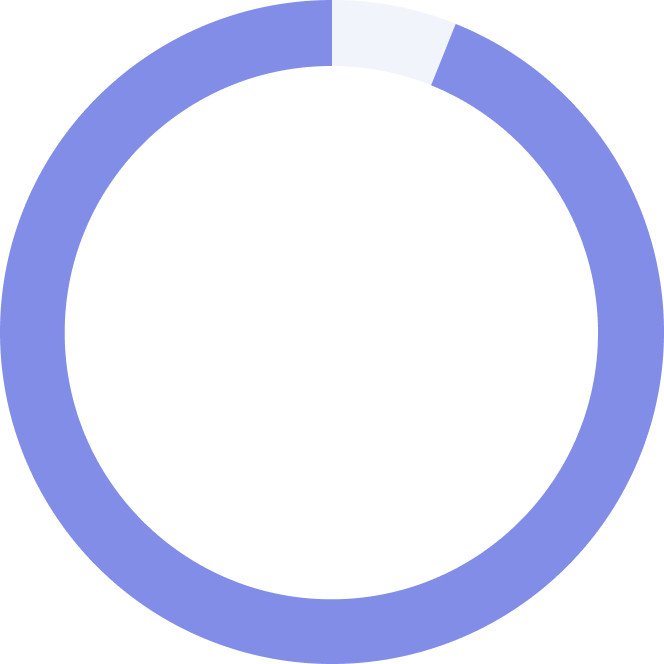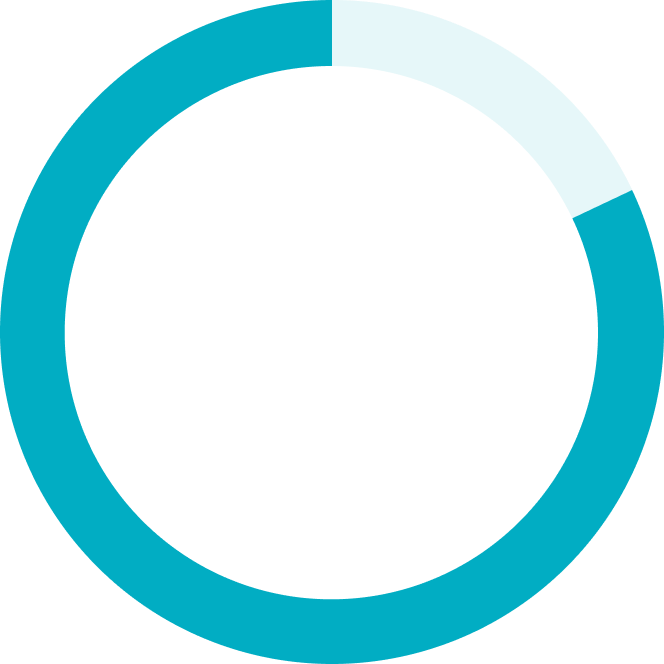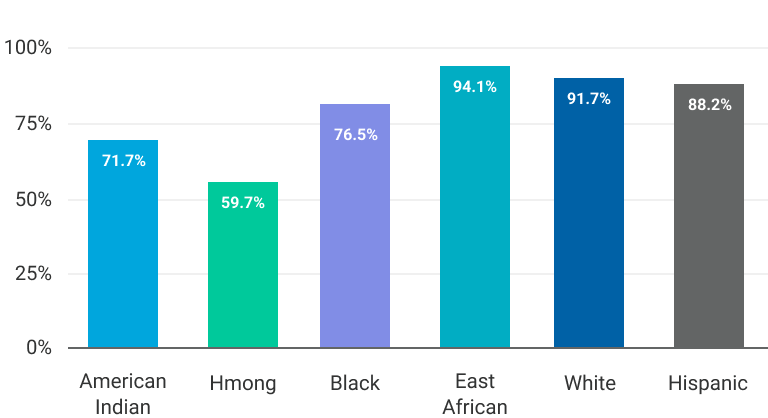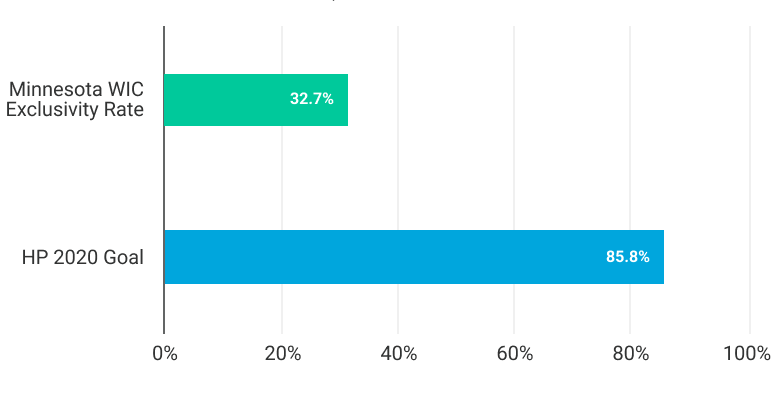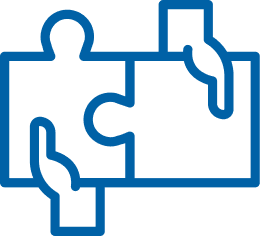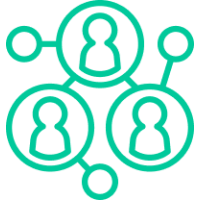Community Partnership Collaborative
The Community Partnership Collaborative aims to develop sustainable partnerships among the participating organizations and their identified partner organizations – such as WIC, public health, hospital, prenatal clinics, home visiting, community groups, and coalitions that are leading efforts to improve maternal and child health to implement local collaborative community goals.
Coffective provides each organization with technical assistance and $5,000 (in the form of gift cards, incentives, and other Coffective-purchased items) to develop and implement an initiative within their community.

